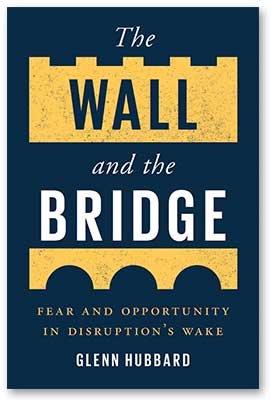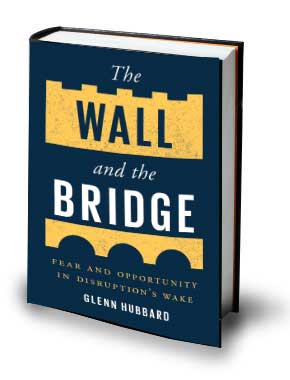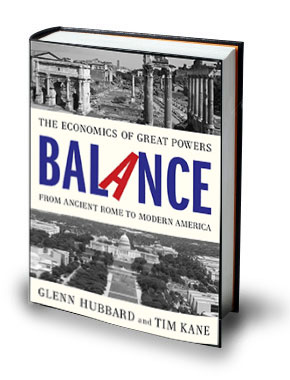 After two years of federal spending to boost the economy, the ground has shifted decisively in Washington: On Tuesday night, the most pressing question was not whether to spend more to create jobs but whether to cut spending, deeply and now.
After two years of federal spending to boost the economy, the ground has shifted decisively in Washington: On Tuesday night, the most pressing question was not whether to spend more to create jobs but whether to cut spending, deeply and now.
For the first time in his annual address to the American people, President Obama did not hail a newly passed "recovery act" or call for a "new jobs bill." Instead, he called for a five-year freeze in domestic spending, except for "investments" in education, infrastructure and research.
Republicans went much further, calling for an immediate and unprecedented reduction in non-defense programs that could take more than $100 billion out of the economy over the next few months. Both sides are casting their proposals as the best course for deepening the economic recovery and improving U.S. competitiveness abroad.
But with the unemployment rate still hovering at 9.4 percent, neither the president nor congressional Republicans are offering a clear strategy to create jobs in the short run, economists said, and that is the most critical challenge in the minds of voters heading into the 2012 presidential election. The one initiative likely to have immediate impact is the GOP's plan for sharp spending cuts, and some economists fear that could push the economy in the wrong direction.
Hours before Obama spoke Tuesday, the House approved a resolution calling for domestic spending to be cut to 2008 levels for the rest of the fiscal year, and Republicans are discussing reductions of at least $60 billion. Cuts of that size would trim domestic programs to their lowest level as a share of the economy in more than 30 years, according to an analysis by the liberal Economic Policy Institute, endangering as many as 600,000 jobs.
"Government spending restraint is vital to addressing our long-term fiscal problems. It just shouldn't start in 2011," said Mark Zandi, chief economist at Moody's Analytics, who has advised both Republicans and Democrats on economic issues. Zandi said cuts of the magnitude Republicans are discussing probably would not invite a new recession. But they could push unemployment back into double digits, he said, "taking a very significant risk with this fragile economy."
Conservative economists are less inclined to predict that immediate spending cuts would harm the economy. But they don't see them as an effective economic tonic, either. At a time when the national debt has surpassed $14 trillion, business leaders and bond market investors are looking to Obama and other policymakers for certainty about tax policy, entitlement spending and the nation's long-term budget outlook, said Glenn Hubbard, dean of the Columbia Graduate School of Business.
"The right way to do a pro-jobs agenda would be to limit policy uncertainty. We need to put the country on a long-term sustainable path," said Hubbard, who served as chief economist in George W. Bush's White House. "Businesses fear investing if we can't get this stuff right. You don't have to start cutting now. But absent presidential leadership, it's really hard to see how it gets done."
The view that the U.S. economy would benefit from adoption of a comprehensive deficit reduction plan is broadly shared by policymakers and budget analysts.
"Most economists say if you put in place a credible plan that only took effect once the economy had strengthened, just adopting a plan itself would have positive benefits for the economy right now," said Senate Budget Committee chairman Kent Conrad (D-N.D.).
In his address, Obama largely avoided the issue of long-term deficit reduction, leaving the door open to cooperation with Republicans in Congress without offering specifics. He said his bipartisan fiscal commission made "important progress," but he did not explicitly endorse the tough prescription for debt reduction they issued last month, including proposals to raise the retirement age.
Instead, Obama devoted much of his speech to promoting American competitiveness. He also called for an overhaul of the corporate tax code that would reduce the 35 percent levy on corporate profits while closing loopholes that have enabled many corporations - mainly multinationals - to pay much less than that.
Business groups have long clamored for corporate tax reform, and Republicans are also supportive. But even if Congress could act quickly, economists said an overhaul would do little to help the 15 million Americans who are out of work.
"Obama is trying to romance all these corporate leaders, but he's barking up the wrong tree," said Brian Bethune, chief financial economist at IHS Global Insight. "These corporations are very efficient. They're generally looking to expand in China and India, not in the U.S." Unless Washington is able to spur confidence among small businesses, which create the vast majority of domestic jobs, he said, "this employment situation is not going to move."
The response to Obama's speech from business was positive but muted. Eric Spiegel, chief executive of global electronics giant Siemens USA, said he heard a new tone from Obama that makes him hopeful. "In the past, I heard a lot about how the government was going to lead" the job creation effort, Spiegel said. "What I heard today was we're going to do things to make the U.S. a better place to invest . . . If you create the right environment, these ideas really will create jobs."
Jason Speer, general manager of Quality Float Works, a Schaumburg, Ill., firm that makes industrial equipment, was encouraged by several of Obama's ideas, including proposals to simplify corporate taxes and streamline regulations. "A lot of the things he mentioned will help going forward and make us more confident about the future," Speer said. "I'd like to see some of the things get done, not just get talked about."
Republicans, for their part, offered neither an explicit job creation plan nor a certain vision for the future of the federal budget. Delivering the GOP response Tuesday night, Rep. Paul Ryan (R-Wis.), chairman of the House Budget Committee, declined to mention his own budget blueprint, an ambitious plan to dramatically cut government spending, including Social Security and Medicare, that last year drew support of only 15 of his Republican colleagues.
Instead, Ryan promised a return to "limited government, low taxes, reasonable regulations, and sound money, which has blessed us with unprecedented prosperity." That, he said, is "the real secret to job creation."
By Lori Montgomery, Washington Post Staff Writer
Read the article on The Washington Post







